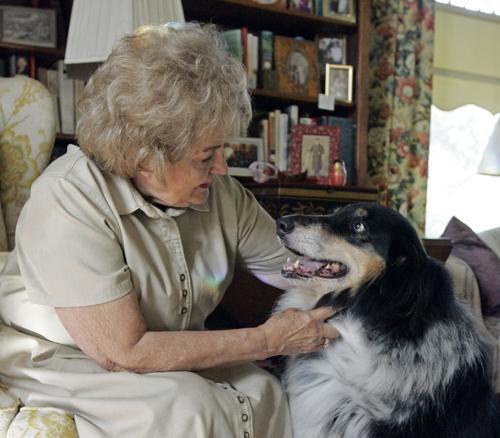New tests answer the question: ‘What is that mutt?’

Oct 8, 2007
LINCOLN, Neb. – Rascal’s mom looked like Lassie. And his dad? Well, that’s a good question.
Rascal’s ears make it clear that he was the product of something besides a collie, but his owners couldn’t say exactly what. So Kathie Svoboda of Lincoln dabbed a swab in her pet’s mouth, mailed it to a lab and, a few weeks later, unlocked the mutt’s canine heritage.
Collie and cocker spaniel, as suspected, along with a twist – Shetland sheepdog.
The growing availability, and declining cost, of high-tech DNA tests are giving dog owners long baffled over the makeup of their mutts something to do besides shrug and speculate.
The tests, which cost as little as $65, are the result of several years of work by scientists who gathered a large pool of DNA samples from thousands of dogs to create a sort of genetic roadmap of breeds.
Get The Daily Illini in your inbox!
For years, owners have been able to get dogs tested to prove they are the offspring of parents that breeders said they were. In the new testing, DNA markers that help tell breeds apart are checked against the thousands of DNA samples to find out Fido’s ancestry.
A new test unveiled late last month by Virginia-based Mars Veterinary uses DNA from blood samples taken by veterinarians and sent to a lab in Lincoln. Within four to six weeks the genetic puzzle is solved for the dogs’ owners.
The method can test for 134 of the 157 dog breeds recognized by the American Kennel Club. The company plans to have data for all the breeds by the end of this year, said Paul Jones, a scientist in England who led the method’s development.
The test Svoboda used covers 38 breeds and doesn’t require a trip to the vet. It has been on the market since early this year, and its producer, Beltsville, Md.-based MetaMorphix, hopes to test for 115 breeds by year’s end.
“People spend hundreds of dollars a month on accessories for their dogs,” said Brad Mitchell of MMI Genomics, a subsidiary of MetaMorphix. “We kept saying, ‘This is going to be big, this is going to be big.'”
Mars Veterinary officials say 86 percent of mutt owners don’t know which breeds are in their dogs’ backgrounds and that consumer surveys they conducted show 60 percent of mutt owners would like to know.
The cost of a cheek-swab test is $65; the cost of the blood test is up to vets but could range between $100 and $200.
There are limitations. Because DNA gets more muddied with each generation, great-grandparents are the oldest relatives that can be mixed breeds themselves in order to secure a reliable answer for the mixed breed in question.
Not everybody is convinced the mutt DNA business will take off.
“I think most people interested in a mixed-breed dog wouldn’t want to pay the price” for the tests, said Richard Oberst, a veterinarian and professor at Kansas State University.
Svoboda said she got Rascal tested only because her daughter was curious.
“We thought it was silly,” she said.





